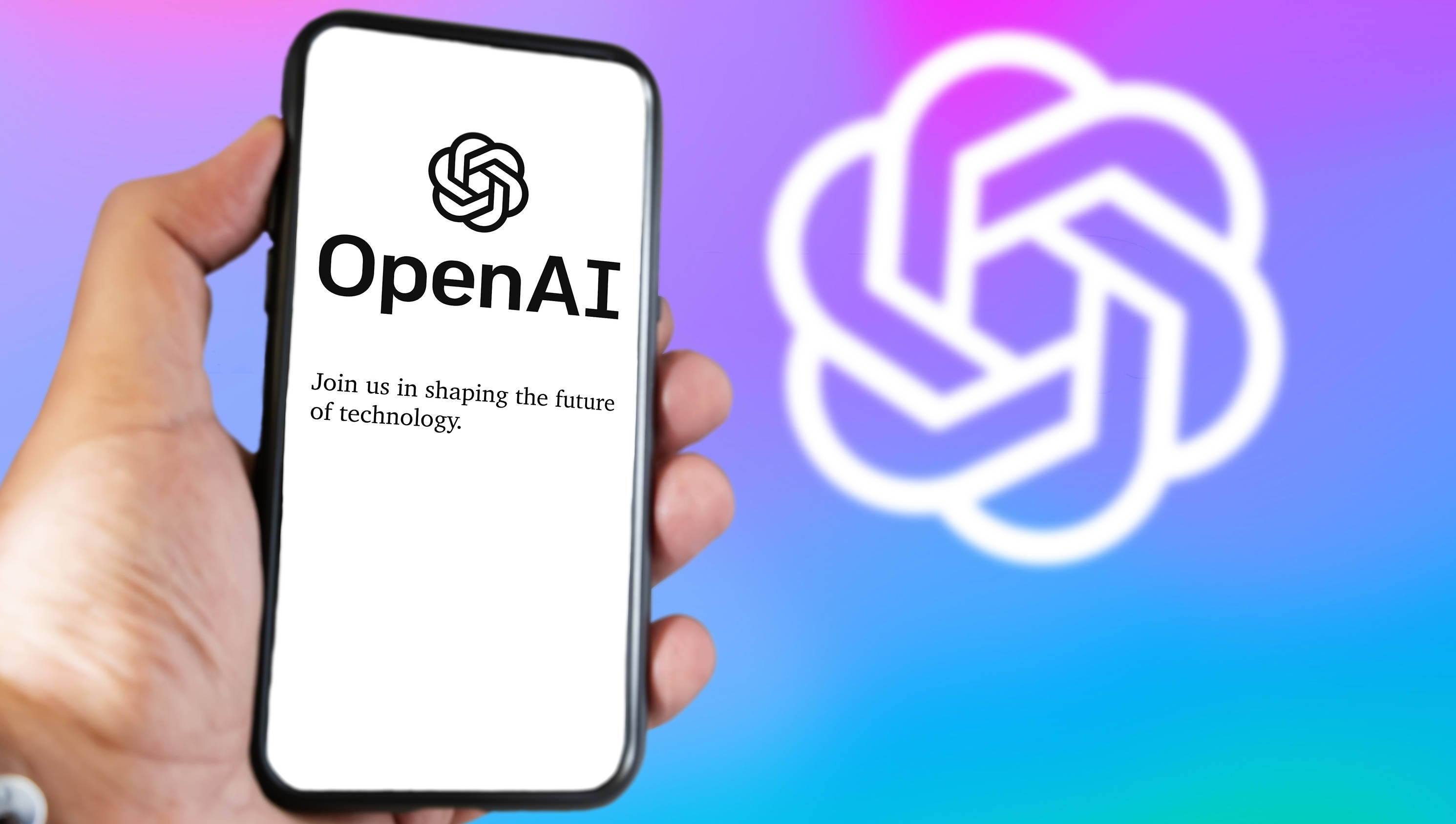
OpenAI is making a big change to how users will access ChatGPT. But there may be more to it than meets the eye.
Starting on Monday (Apr. 1), OpenAI is removing a requirement for users to sign up or log in to use ChatGPT. The company said that it would start rolling out the update “gradually” but didn’t say when the signup requirement would be turned off for everyone. Users can still create an account if they wish, the company said.
“It's core to our mission to make tools like ChatGPT broadly available so that people can experience the benefits of AI,” OpenAI said in a blog post announcing its decision.
OpenAI’s ChatGPT has always required a user to sign up to use the service. Since its founding, ChatGPT has attracted more than 100 million users across 185 countries, OpenAI said on Monday.
The company said that by default, ChatGPT will use queries input by those who aren’t logged in to improve its models. However, users will be able to turn off that tracking by going into settings and turning off the toggle that says “improve the model for everyone.”
We’re rolling out the ability to start using ChatGPT instantly, without needing to sign-up, so it's even easier to experience the potential of AI. https://t.co/juhjKfQaoD pic.twitter.com/TIVoX8KFDBApril 1, 2024
While making ChatGPT available to anyone without an account should make accessing the platform easier, it doesn’t come without its fair share of risks. For one, bad actors will be able to use ChatGPT without any method for identifying themselves, increasing the chances of abuse. OpenAI also said that it’s expanding “content safeguards” and will block prompts and results on a broader array of categories.
Perhaps most importantly, OpenAI also said that it would monitor how users who aren’t logged in use ChatGPT and acknowledged that it could need to make additional restrictions and product updates based on that usage.
While not needing to log in to ChatGPT to use it certainly makes for a faster experience, it’s not necessarily a better one for most users. By logging in to the service, users can save and review their query history and share queries for with others. Logged-in users can also access voice conversations and custom instructions — two features that aren’t available to those who aren’t logged in. Users also need to have an account to access the ChatGPT paid tier, which allows for access to GPT-4, the ability to create GPTs, and more.







